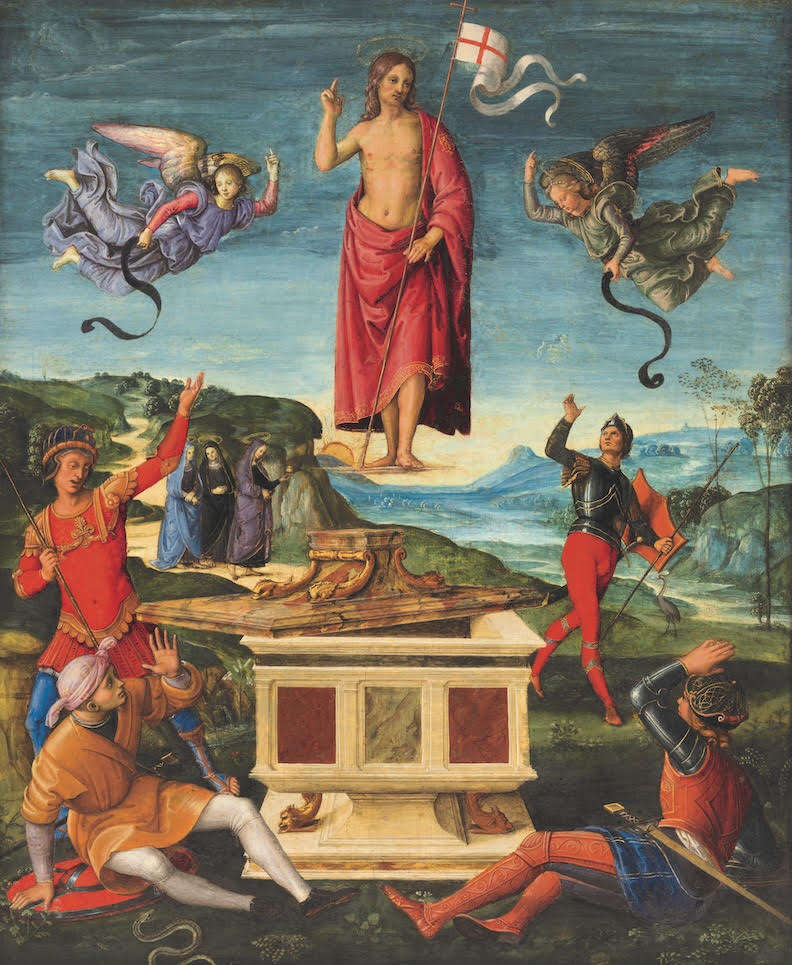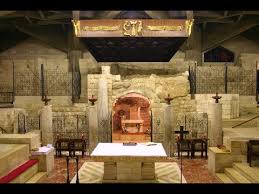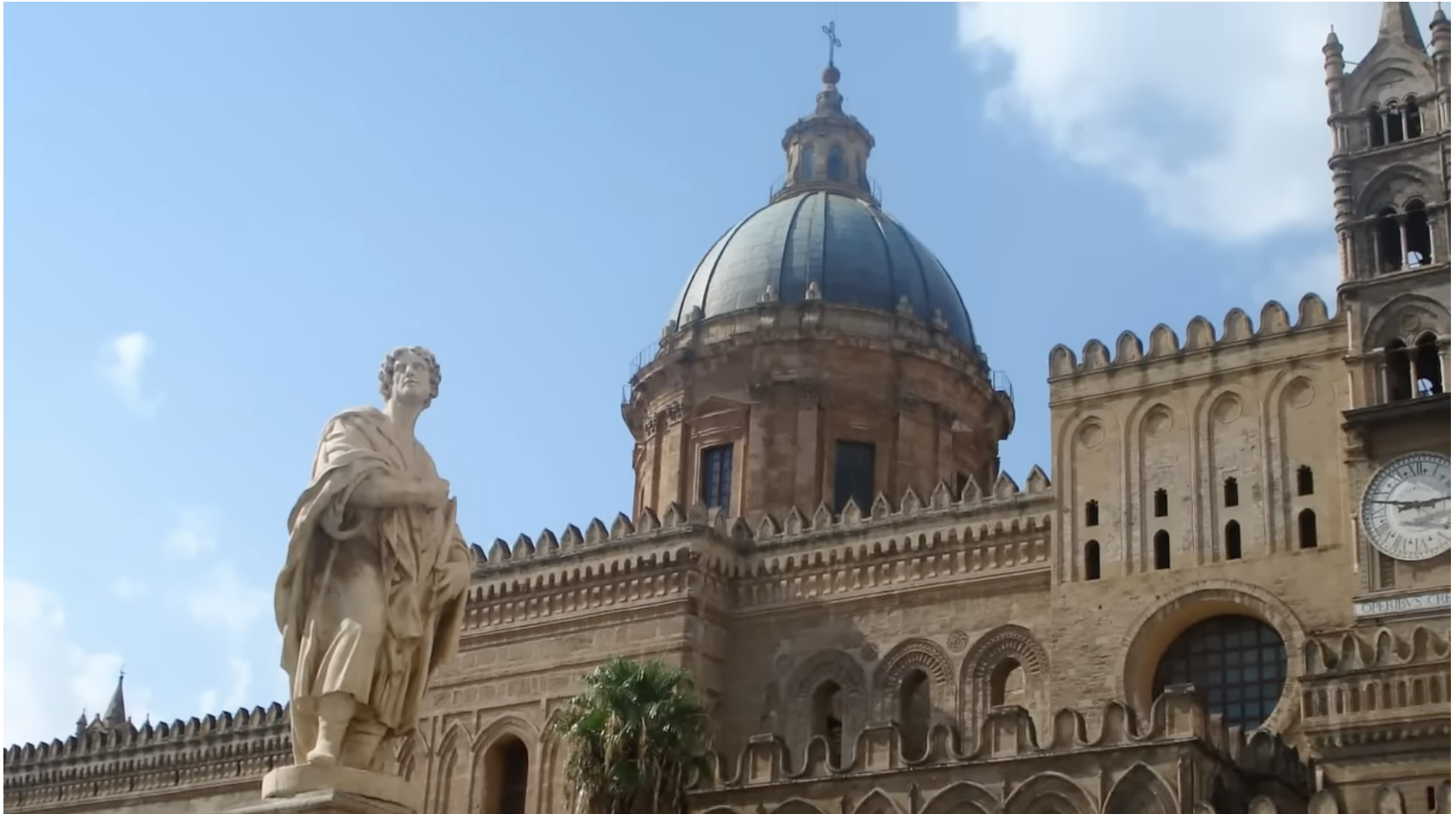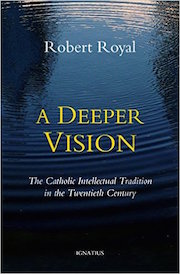To paraphrase Saint Paul, if Christianity did not give a reliable account of the Truth, then we, or more precisely I, would have no use for it.
Or rather, I would just have the use of another “comparative religion,” the way I use Shinto, or Zoroastrianism, or the way Richard Dawkins uses the Flying Spaghetti Monster.
In which case, Saint Paul’s hypothetical advice would be, “Let us eat and drink, for tomorrow we shall die.” (1 Corinthians 15:32). Verily: for “comparative religion” has always made me thirsty.
But one thing follows from another, in the reasoning every Catholic can know in his bones. For Saint Paul had remarked, more starkly: “If the dead rise not again, neither is Christ risen again.”
We attend to this, hoping the converse may be true; and we begin to believe while we discover that it IS true, and that it must be true, for everything else to fit together.
Thus faith is neither reasonable, nor unreasonable. It extends beyond the straightforwardly plausible.
For the implausible account of Christ, found in the Church, in her Saints, and in the Scriptures, is that Christ has risen from the dead, and that He was, is, and will be Our Savior. He is Christ the King, at the right hand of God the Father, and one with the author of the universe.

The intellectuals, especially, believed this. It was their “settled science.” They did not have the patience to revise it.
Strangely, however, the news “dovetailed” nicely with what Jewish prophets already knew and had been preaching. That is why Christianity caught on first among the most radical Jews, and why the conservative Romans could dismiss them as a “Jewish problem.”
For the arguably civilized Roman rulers, it was a question of “Now what?” The Jews were generally a source of surprise: now what is going on?
The Jews were “chosen,” among all the ancient peoples, to prepare, spiritually, for the coming of Christ, by having the means, and the disposition, to understand He Who Is.
This is part of the great train of historical Christianity, which left the station long Before Christ. Marks of the Messiah have been left throughout the Old Testament, which may be received as marks of preparation.
And indeed, by resorting to comparative religion, we see anticipations of Christ throughout the world religions. It is in this sense that our Christian faith touches upon a faith from everywhere, and we see Christ “far off.”
So we should expect if, as Saint Paul makes very clear, Christ is in his extraordinary person the anticipated Messiah, of the Jews and of the whole cosmos.
A significant part of the evangelical effort is directed towards what must be a reunion, with many yet unevangelized peoples, in communion with the divine. But this is to look along the historical chain, presumptively. Love is not to be hurried.
While it is perhaps easiest to grasp history retrospectively, the historical chain of Church history is almost impossibly complex. But fortunately it is possible for a Catholic, in faith, to understand the main headings.
From beginning to end, Our Savior is embodied in the Catholic Church, and to understand further what she is, and what she is not, there is communion, now.
The reasoning is like this: Why would the God, in whom we find Christ, not vindicate his message through the world’s history? Who would be capable of blocking him? How would he not have the power to correct those who deny him?
This observation, of the position of the living Christ in continuous history, goes beyond shallow political doctrine, to natural history.
We can espy this vindication in the works of extraordinary intricacy by which the countless worldly creatures assemble and grow – each of them from nothing, as the universe itself seems to have been assembled and continues to be assembled. The earthly order as unambiguously miraculous.
The message of biology is one of millions, billions, and many, many trillions-to-one, against the nominalist, “no God” hypothesis. Trillions upon trillions of purposeful, animated cells constitute a single human body, and each cell is “irreducibly complex.” Yet everything that makes one human is derived from a single cell, that was created, ex nihilo, at the start.
Here is the entry point into the implausible facts of life. And yet, miraculous as they are, they don’t begin to reach the mysteries of mind, which are not accessible to numbers. For our “skepticism” always requires counting, but in our consciousness we simply “are,” with nothing to add.
Laudabitur Dominus, there are places where our science can’t go.
To suggest that Our Savior has allowed a false account of his Incarnation, or even that He cannot find a method to correct the errant agents of His Church, requires a faith much greater than the Church proposes.
A priest may go astray, a pope may go astray, and yet what is the effect against such a background of immensity? What discernable trace does this leave, upon the infinite grounds?
The Rising does not break any laws. It confirms the law that was from the beginning. Even the imperfection, the fallibility, of the human creature, was told, from the beginning, in the story of Adam and Eve.
And though the story is not completed in infinitesimal detail, it tells what we need to know.
The Catholic Christian should use his wits, his native intelligence, when confronted by obvious contradictions. For the misunderstanding that is cleared, may lead to a greater understanding.
There is much that we cannot know, and can never know, in nature about nature’s God. But in the risen Christ, we have clarity.















